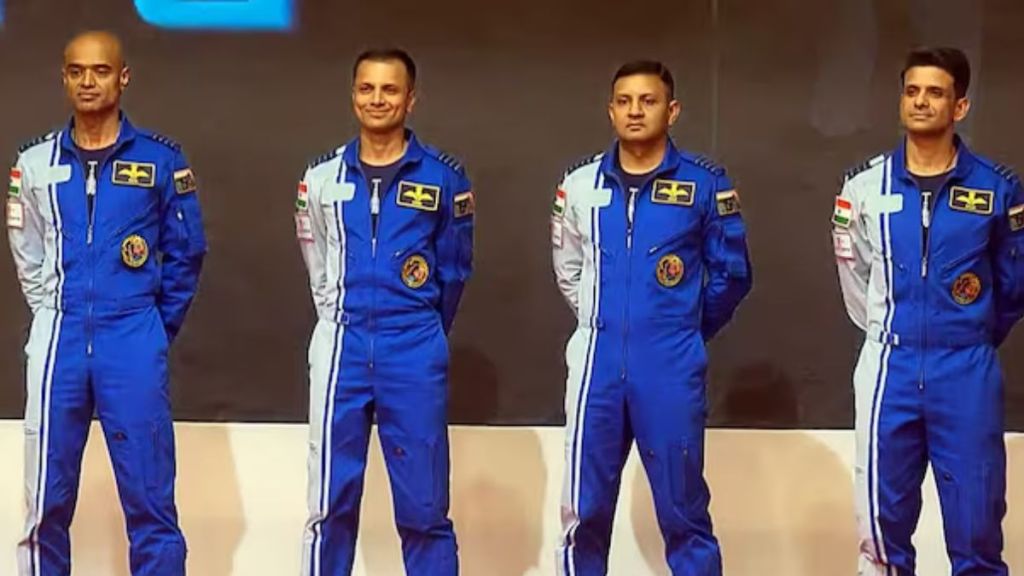The Indian Space Research Organisation (Isro) has announced that two Indian astronauts will begin training with the National Aeronautics and Space Administration (Nasa) in August for the Gaganyaan mission. The two test pilots, selected from the Indian Air Force, will start their training at Nasa’s Johnson Space Center in Texas, marking a significant milestone in India’s efforts to develop its own crewed spaceflight capability.
After completing their training in Texas, one of the two astronauts will join the upcoming Indo-US space mission to the International Space Station (ISS).
During Prime Minister Narendra Modi’s state visit to the US in June 2023, President Joe Biden announced the Indo-US space mission and said that NASA would train Indian astronauts for it.
Crewed Indo-US space mission
The crewed Indo-US space mission is scheduled for launch by the end of 2024. Despite some reports suggesting potential delays, US Ambassador to India Eric Garcetti has confirmed that the mission is on track to proceed by the end of this year.
The mission will utilize SpaceX’s Falcon 9 rocket and Crew Dragon capsule, with operations managed by Axiom Space. This mission, designated as Axiom-4, aims to transport Indian astronauts to the International Space Station (ISS) for a 14-day stay. It marks the fourth private astronaut mission conducted by NASA in collaboration with Axiom Space. This mission is particularly significant as it signifies India’s return to crewed spaceflight since Rakesh Sharma’s historic journey aboard Soyuz T-11 to the Soviet Salyut-7 Space Station in April 1984.
India’s first Crewed spaceflight
The NASA training and the Indo-US mission are preparatory steps for India’s Gaganyaan space program, which aims to launch an indigenous human-carrying spacecraft to Earth orbit and ensure its safe return. This will mark India’s first indigenous crewed spaceflight.
However, India’s human spaceflight is expected to be delayed until at least 2025, as the initial unmanned mission is yet to commence. The manned mission will proceed only after the successful completion of two unmanned flights.
Additionally, India’s GSLV Mk2 rocket is set to launch the Indo-US satellite NISAR (NASA-ISRO Synthetic Aperture Radar) by late 2024 or early 2025. NISAR will monitor Earth’s vital signs, contributing to climate change research and natural disaster evaluations.


